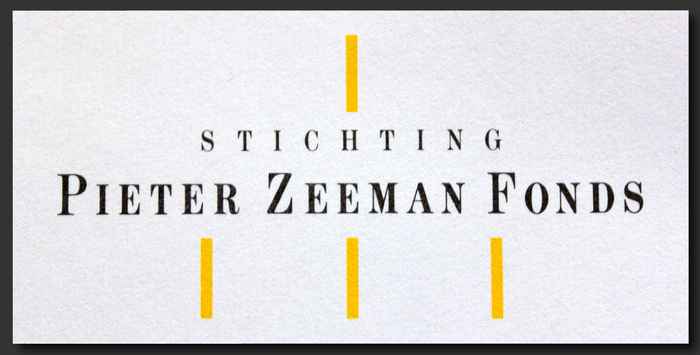Zeeman lecture by Friedrich Steinle
Knowledge in science and beyond: historiographical challenges and the case of colour history
- Date
- 30 September 2022
- Time
- 16:00 -17:30
- Location
- Artis Library

Abstract
Knowledge about colour has been developed and used in all cultures for millenia. To study the history of such knowledge requires a broad approach that encompasses a variety of forms of knowledge, of communities, and of modes and media of transmission. Colour knowledge thus provides a significant case for studying the necessity, the merits and the limits of history of knowledge and its relation to history of science. In my talk, I shall focus on 18th ct. Europe, a period in which different approaches to colour expanded their knowledge claims and came into conflict and sometimes fierce clash. These conflicts originated in different epistemic frameworks and practical goals, pursued in different groups of colour researchers. Studying their history is highly instructive for both enlightenment colour history and the historiographical challenges in doing history of knowledge.
Friedrich Steinle
Friedrich J. Steinle is professor of History and Philosophy of Science at the Technical University Berlin. He is a member of the Deutsche Akademie der Naturforscher Leopoldina (Halle, Germany) and of the Akademie der Wissenschaften und der Literatur (Mainz, Germany).
Current Research
- History of electricity and magnetism
- History of colour research
- History and Philosophy of experimentation and of concept formation
- New perspectives for the interaction of History of Science and Philosophy of Science
Selected recent Publications
Exploratory Experiments. Ampère, Faraday, and the Origins of Electrodynamics. Pittsburgh: Pittsburgh Univ. Press. (2016)
(Ed. with Uljana Feest) Scientific Concepts and Investigative Practice. Berlin studies in knowledge research, vol. 3. Berlin: De Gruyter, 2012.
“Stability and Replication of Experimental Results: A Historical Perspective.” In: Harald Atmanspacher und Sabine Maasen (eds.): Reproducibility - Principles, Problems, Practices, and Prospects. New York: Wiley (2016), p. 39–63.
“Electromagnetism and Field Physics. In: Jed Z. Buchwald & Robert Fox (eds.): The Oxford Handbook of the History of Physics. Oxford: Oxford University Press (2013), p. 533–570.
„Scientific Change and Empirical Concepts“. Centaurus 51, Nr. 3 (2009): 305–13.
